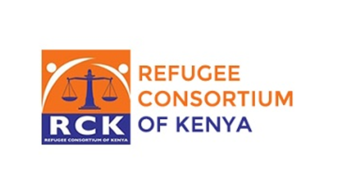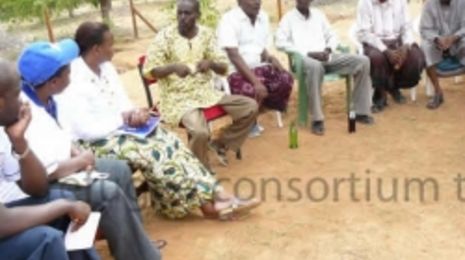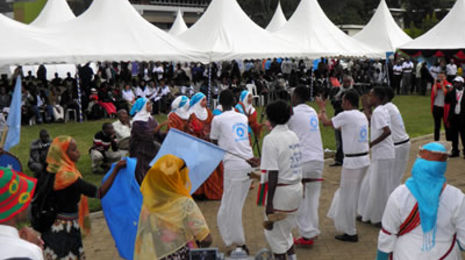RCK has three main campaigns. The first and largest is their legal and social justice program. Its aim is to safeguard justice for all forced migrants (refugees, asylum seekers and returnees). RCK does this by offering legal aid services to refugees in a variety of manners. All are listed on their website, I attached the link below, but a few key ones are as follows. They offer legal counseling to refugees during the Refugee Status Determination process and on immigration cases. RCK will sit with refugees during their interview with UNHCR for RSD in camps. Also, if a refugee’s rights are being taken advantage of, RCK will represent them in a court of law pro-bono. RCK provides networking connections to other organizations to guarantee refugees are being provided for in a variety of critical issues. Other ways RCK hopes to ensure justice is through psycho-social counseling for those who have suffered severe traumas during their time as a migrant. This includes providing basic counseling support as well as micro-grants to gender violence survivors. They also create spaces for children to come and cope who have suffered from traumas. To increase community trust they have set up community based counselors who live within the neighborhood and can reference RCK resources when needed (RCK.org, LSJ).
The second of RCK’s campaigns is advocacy and policy development. This campaign is centered around lobbying for policy change to establish an environment where refugees feel they can live freely and with dignity. It encompasses three main areas; policy influence, capacity building, and protection monitoring. Policy influence is done by lobbying the government for more progressive laws which extend the rights of refugees and creating new advocacy tactics. Capacity building includes collaborating with state and non-state organizations to continue to promote the movement of protecting refugees by raising awareness. Finally, protection monitoring entails visits to the most travelled border routes and studying how to improve the protection of migrants then including this information in advocacy strategies RCK.org, APD).
The final campaign is communication, research and monitoring which hopes to find new ways to protect refugees then spread this information. RCK is aiming to influence two groups, the public and policymakers. Some of the main goals of this program are to create new education materials for to distribute, hold meetings within refugee communities about their rights, and do occasional research which will advance their advocacy tactics and interventions (RCK.org, CRM).
The group largely uses social media to keep its fellow activist and supporters up to date. However within the organization the main communication strategy is through email, and when possible, face-to-face.
One of RCK's main initiatives is taking on court cases to address the rights of refugees. This has created new avenues for change in a different realm, the realm of litigation. As more cases have been resolved in favor of refugee rights it has propelled the discussion and creation of new laws. Now, not only are precedents set in the legal field, but also refugees automatically have more rights immediate rights in Kenya and the surrounding areas.
The organization has also appeared before the African Commission on Human and Peoples’ Rights (ACHPR) to raise issues of concern to refugees. The ACHPR was created in 1986 as part of the African Union as a quasi-judicial body to "enhance the promotion and protection of human rights in Africa" (African Commission on Human and Peoples’ Rights). Together with ACHPR, RCK has been able to expand the basic rights of forced migrants and asylum seeks in Kenya. This collaboration has paved the way for increased discussion and a unified desire for human rights, not only in Kenya, but through Africa (Maina Interview).
At the core of the Refugee Solidarity Movement is hospitality. Recognizing that other human beings belong on this Earth and sharing ones home country with others. In order to be welcoming, the movement has embraced refugee's cultures. RCK specifically, creates spaces for refugees to connect with fellow individuals from their country of origin (Maina Interview). In the image below a group of refugees and asylum seekers are performing a dance at an RCK event.



